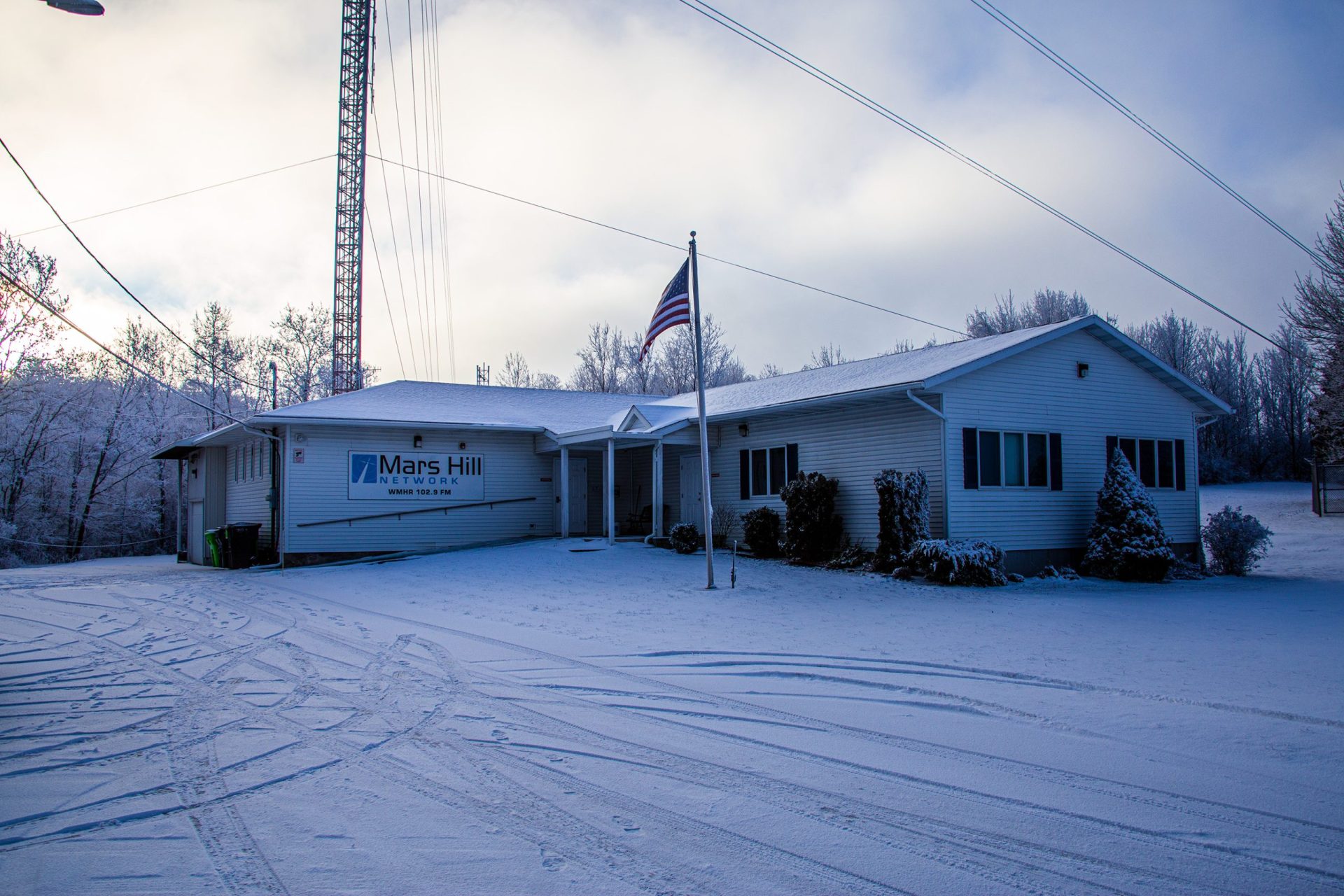Why Are So Many Americans Doubting The American Dream?
Written by on December 1, 2023
According to a recent Wall Street Journal/NORC survey, just 36% of Americans believe that “the American dream still holds true.” This figure is a significant drop from surveys taken in 2012 (when 53% of Americans believed that the American Dream remained viable) and in 2016 (when 48% of Americans believed that the American Dream was real). Furthermore, a recent NBC News survey showed that 19% were “confident that life for their children’s generation would be better than for the current one—a record low.”
The American Dream is the idea that every American has the opportunity to achieve success through hard work and through the use of his or her God-given gifts. In his bestselling 1931 book, The Epic of America, James Truslow Adams coined the phrase “the American Dream.” Adams described the American Dream as “‘a dream of a social order in which each man and each woman shall be able to attain to the fullest stature of which they are innately capable, and be recognized by others for what they are, regardless of the fortuitous circumstances of birth or position.’”
Inflation and other economic indicators may affect Americans’ views about the American Dream. According to Zippia, New York is ranked as the fourth-most expensive state in which to buy groceries. New York’s tax-and-spend government is not helping matters; last year, the Cato Institute stated that “New York has the highest state‐local tax burden in the nation at 13.9 percent, which is almost twice Florida’s burden of 7.2 percent.”
Earlier this year, the General Social Survey found that only 50% of Americans are confident that God is real and that 34% of Americans never attend church. Furthermore, the Public Religion Research Institute (PRRI) found that in 2022, 27% of Americans claimed no religious affiliation; the report from the PRRI “tracks a historic decline in the nation’s Christian population.”
Economic woes and unwise government policies at the state and federal levels may contribute to Americans’ pessimism about our nation and lack of hope for a better future, but it is quite possible that our country’s growing spiritual disconnection may also shape their perspectives.

